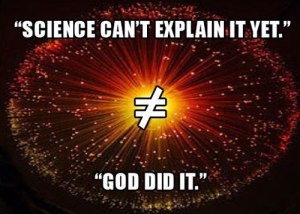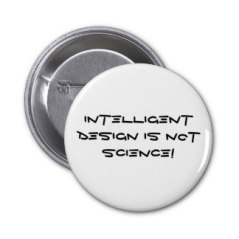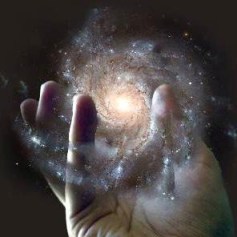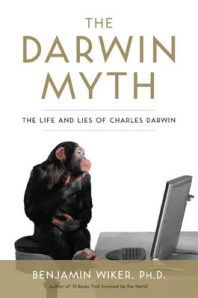 Many scientifically-minded atheists claim that science can explain or has explained everything that God was once invoked to explain, and thus there is no more room for belief in God. But when theists point to gaps in scientific knowledge and argue that God best explains that gap, atheists accuse us of committing a God-of-the-gaps fallacy. If the discovery of natural processes to explain some phenomena counts as evidence against God, how can it also be that the lack of a naturalistic explanation cannot count as evidence for God’s existence when God is the best explanation for the phenomena?[1] Heads I win, tails you lose.
Many scientifically-minded atheists claim that science can explain or has explained everything that God was once invoked to explain, and thus there is no more room for belief in God. But when theists point to gaps in scientific knowledge and argue that God best explains that gap, atheists accuse us of committing a God-of-the-gaps fallacy. If the discovery of natural processes to explain some phenomena counts as evidence against God, how can it also be that the lack of a naturalistic explanation cannot count as evidence for God’s existence when God is the best explanation for the phenomena?[1] Heads I win, tails you lose.
Obviously the lack of a naturalistic explanation for some phenomenon in and of itself is not evidence for theism, but it does show that (1) science has not explained everything that needs to be explained or that the God hypothesis has been invoked to explain, and (2) it shows that there is still explanatory power in theism.















